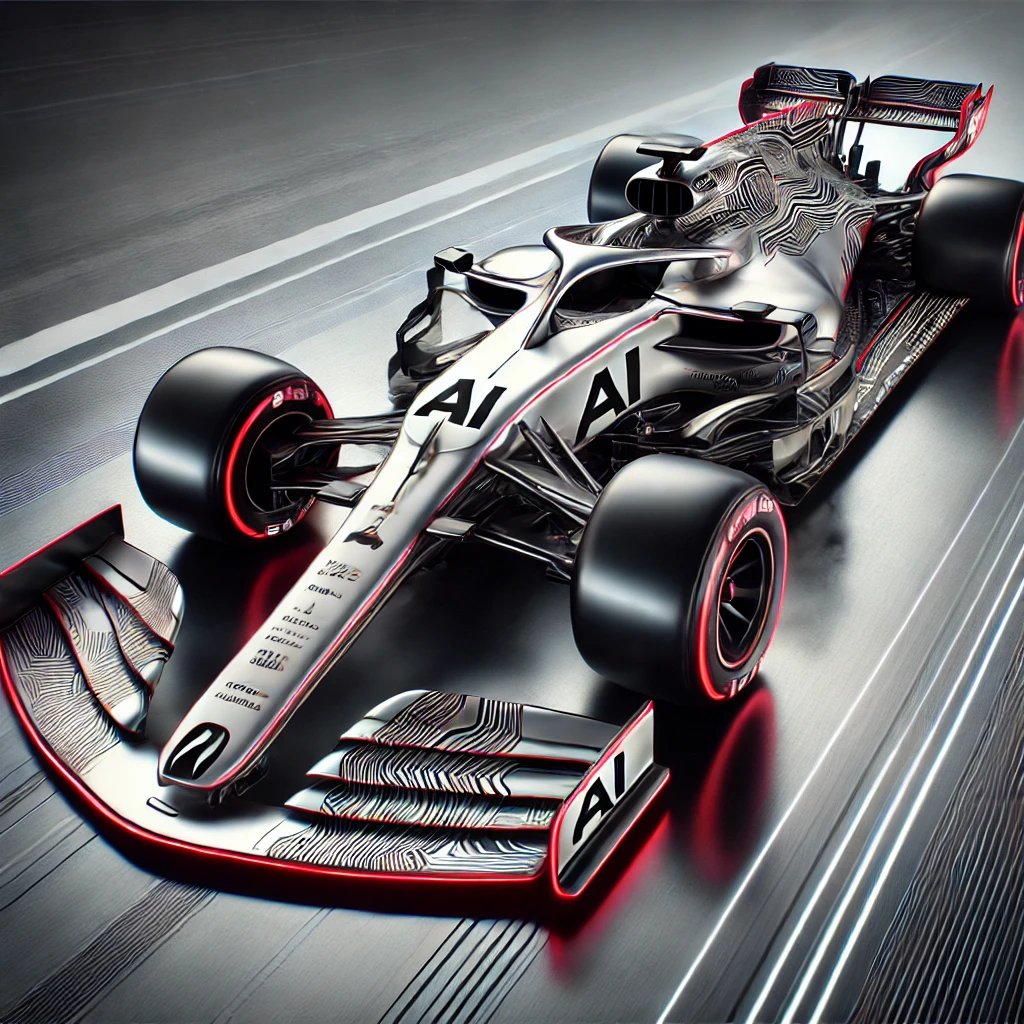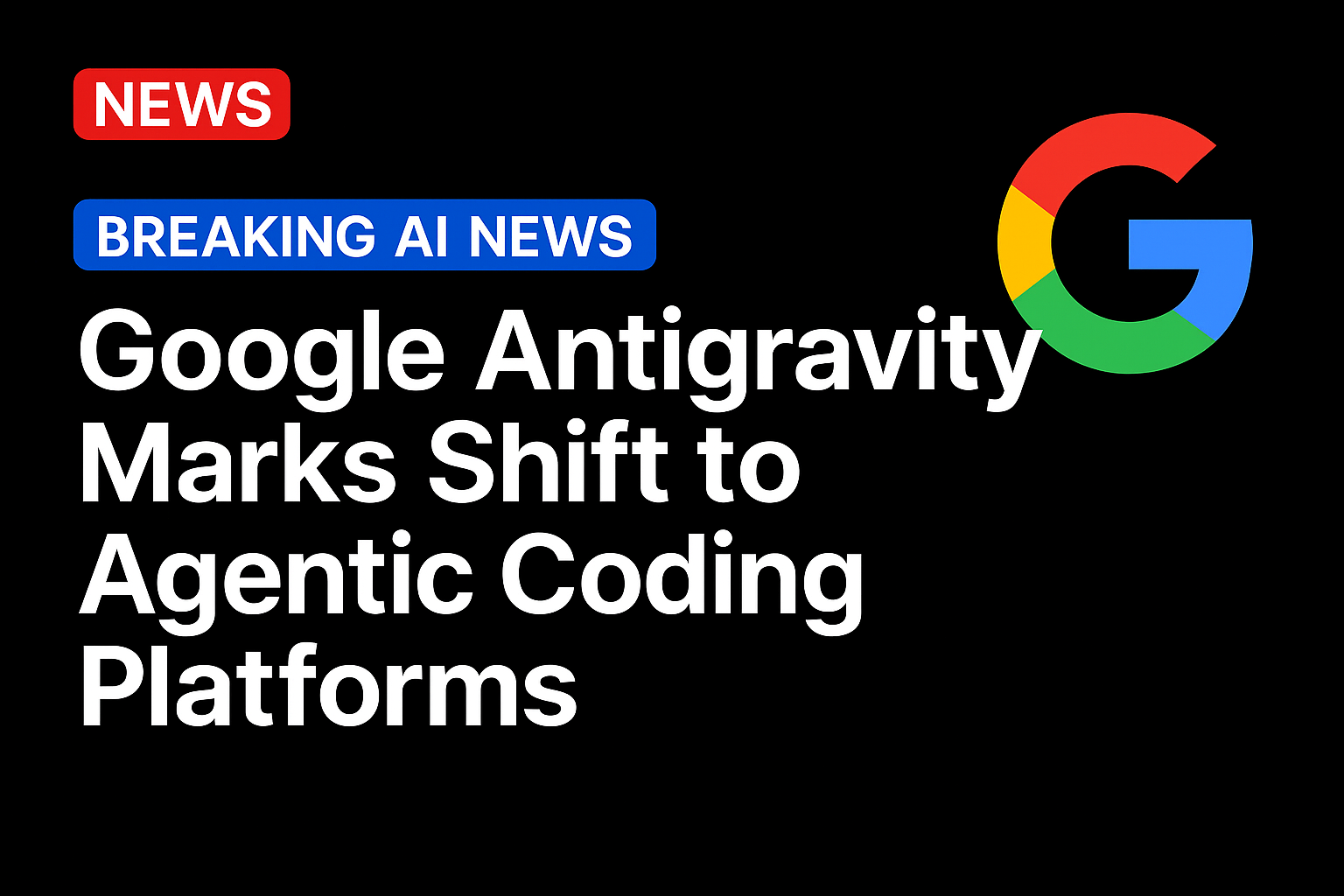Introduction
Formula 1, often hailed as the pinnacle of motorsport, has always been at the forefront of technological innovation. In recent years, the sport has increasingly embraced artificial intelligence (AI) to enhance various aspects of racing, from car design to race strategy. This article explores how AI is transforming Formula 1, offering teams a competitive edge and fans a more immersive experience.
1. AI in Car Design and Development
One of the most significant ways AI is benefiting Formula 1 is through car design and development. Traditionally, engineers relied on wind tunnels and computational fluid dynamics (CFD) to optimize the aerodynamics of F1 cars. Today, AI algorithms are used to analyze vast amounts of data, allowing teams to simulate thousands of design variations in a fraction of the time.
AI-powered simulations can predict how slight changes in design will affect a car’s performance on different tracks, under various weather conditions, and at different speeds. This level of precision enables teams to develop more efficient, aerodynamically optimized cars, giving them a crucial edge in a sport where milliseconds can make the difference between winning and losing.
2. Enhanced Race Strategy and Decision-Making
AI is also revolutionizing race strategy in Formula 1. During a race, teams must make split-second decisions on everything from pit stops to tire choices. AI systems can process vast amounts of data in real-time, including track conditions, weather forecasts, and competitor behavior, to provide teams with predictive insights.
For example, AI algorithms can predict the likelihood of a safety car deployment, enabling teams to make proactive decisions that could gain them valuable positions. Moreover, AI-driven simulations help strategists model different race scenarios, allowing them to plan for various contingencies and choose the optimal strategy for any given situation.
3. Predictive Maintenance and Reliability
Reliability is critical in Formula 1, where even the smallest mechanical failure can end a race. AI plays a vital role in predictive maintenance, helping teams identify potential issues before they become catastrophic. By analyzing sensor data from the car’s various components, AI systems can detect patterns that indicate wear or impending failure.
This predictive approach allows teams to perform maintenance more effectively, replacing parts only when necessary and reducing the risk of unexpected breakdowns. As a result, AI contributes to improved reliability and performance, enabling drivers to push their cars to the limit with confidence.
4. Data-Driven Driver Performance Analysis
AI is also enhancing driver performance analysis in Formula 1. Teams collect vast amounts of data from every lap a driver completes, including telemetry, braking patterns, and throttle usage. AI algorithms analyze this data to identify areas where a driver can improve their performance.
By comparing a driver’s data with that of their competitors, AI can provide insights into how to optimize driving techniques for specific tracks or conditions. This data-driven approach to driver coaching helps teams extract the maximum potential from their drivers, leading to better results on race day.
5. Fan Engagement and Broadcasting
Beyond the teams and drivers, AI is also transforming the fan experience in Formula 1. AI-driven analytics are used to enhance live broadcasts, providing viewers with more in-depth insights into race strategy and car performance. Machine learning algorithms can predict race outcomes, generate personalized content for fans, and even create virtual reality experiences that bring fans closer to the action.
Additionally, AI-powered platforms analyze social media and fan interactions to tailor content and marketing strategies, ensuring that the sport remains engaging and accessible to a global audience.
Conclusion
As Formula 1 continues to evolve, AI is playing an increasingly vital role in shaping the future of the sport. From car design and race strategy to predictive maintenance and fan engagement, AI is providing teams with the tools they need to succeed in one of the most competitive environments on the planet. As AI technology advances, its impact on Formula 1 is likely to grow, ensuring that the sport remains at the cutting edge of innovation for years to come.
4o





